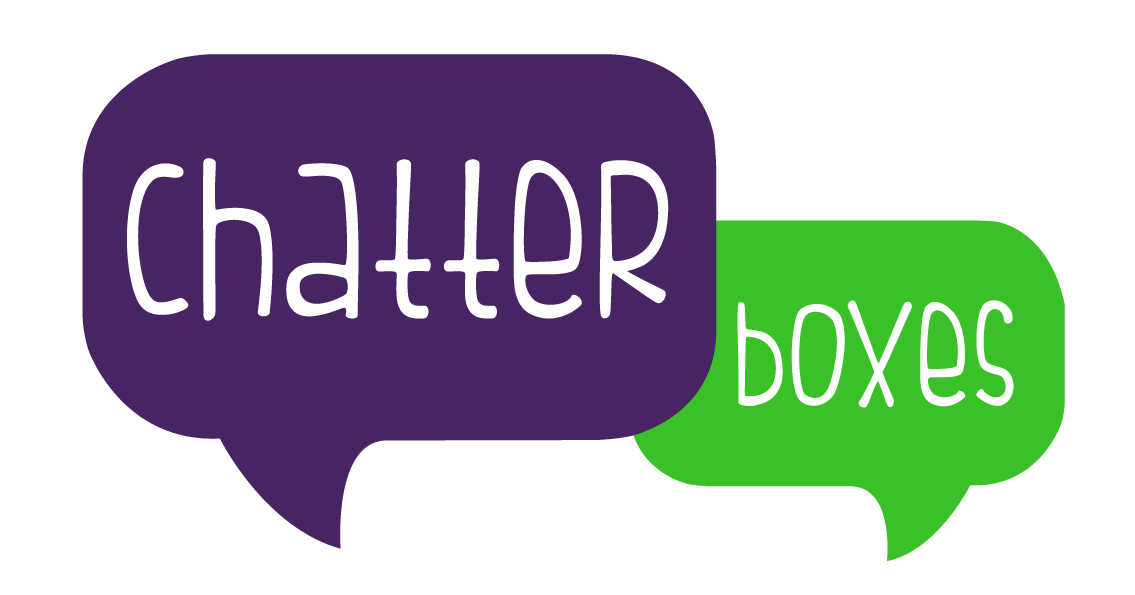Being organised is key to working as a Speech and Language Therapist. The caseloads are high and you often go to different settings every day. Here are my top 10 tips for keeping on top of it all.
1) LISTS!
I love a list. I would recommend having a list for everything! Keep a client list for each setting and put some brief notes to remind yourself about each person. Keep a to-do list of all the tasks that you have to do – you cannot be expected to remember everything. Remember to cross off the jobs that you have finished when you have completed them.
2) Colour coding.
Use a colour coding system for easy reference. I use a colour coded system in my client list – high priority clients, clients with programmes/management plans, clients who need a report, clients who need further assessment, etc. Find a system that works for you and you can clearly see what needs to be done at a quick glance.
3) Timetable your life.
A lot of us will have a plan for our therapy time, but what about those extra jobs that never seem to get done? Plan out all of your time across the week – when are you seeing clients? When are your meetings? When is your admin time? When are you going to read some articles? Most importantly, plan in your family and friends time! Book in time for you to relax and recharge. Make sure that this time is protected!
4) Post-its.
I always have a pack of post-it notes to hand to scribble a reminder or jot down a note for another professional who I can’t find.
5) Label your files clearly.
Have a clear system for your files. Keep them in organised folders in sensible places! This will make it much easier to find and save you a lot of time!
6) Folders for resources.
Sort your resources out too. Keep similar resources together and label the folders! Keep favourite resources easy to hand so that you don’t have to rummage through your whole resource bag every session!
7) Keep your diary updated.
A diary is an essential SLT resource. Always have it with you and make sure you put all your appointments in it! Also very useful for when you are updating your CPD diary.
8) Write templates.
Using a template is not cheating! I am not saying to write the same report for every client, however there will be parts that overlap. For example, when reporting assessment scores or giving environmental advice. If these sections are already written, you can fill in the scores, delete anything irrelevant and then add in the extra detail specific to that client. Have a template for each type of report/document that you write and it will save you a lot of time!
9) Eat that frog!
We all like to procrastinate…. Especially when we have that really hard report to write! However, the book ‘Eat that Frog’ by Brian Tracy is a fantastic read, full of tips to help you get things done. The main message is to get your biggest, nastiest job (your biggest frog) done first and just keep going until it is done! Prioritise your to-do list and eat that frog!
10) Food prep.
This might seem like an odd point to talk about in an SLT blog, however, food prep at the weekend will help to save you time across the week. Prep your snacks and your lunches so that you can grab and go throughout the week. As therapists, we rush from session to session, so it is important to remember to eat!
